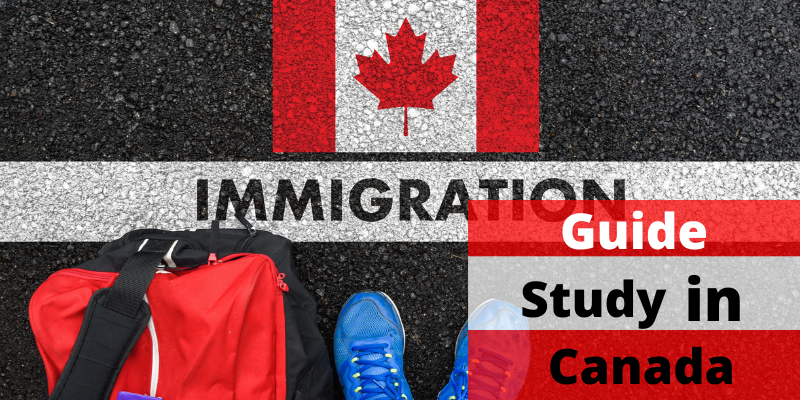How to study in Canada? How to get admission? Although the admission process, in addition to the requested requirements, varies according to the university, there are specific characteristics to consider about the higher education system in Canada:
Here, we are explaining you everything that you should know about it.
- Universities in Canada have a rigorous admissions process. Being accepted into a Canadian university is a complicated process since, for the most part, the requested requirements obtain when studying high school in the country.
- Colleges are an alternative for international students. Colleges are an excellent alternative for international students who intend to study in Canada since their admission processes and requirements are much more accessible.
- There is no entrance exam. The selection process is based on academic history and other requirements. However, for international students, it is necessary to take an English proficiency test such as IELTS, TOEFL, etc.
- Colleges and universities have joint majors. Through the University Transfer Programs (PTU), you can study the first 2 or 3 years of a degree at a college and then transfer to a university to complete the last years of the degree and graduate with a university degree. In the end, you receive two titles: one for studies in College and another for graduating from university.
- Entrance scholarships are limited. Public universities have entrance scholarships mainly for Canadians. As of the second year, international students can apply for different scholarships awarded based on academic merit.
What are the universities going to ask you to Study in Canada?
There are fewer universities than colleges, so the number of places available is limited; the selection process is so rigorous and competitive that it is estimated that only a percentage of the Canadian student population manages to enter a university immediately after completing high school.
The teaching in the universities, for the most part, is theoretical; they are 4 or 5-year courses that include spaces with a common core and courses with a practical focus; they usually have a single start date, in September, and the costs range from USD 10,000 to $14,000, not counting engineering and science.
Their facilities are much larger than those of colleges, and, on average, they offer between 150 and 300 study programs.
Although the process and requirements vary according to the institution, in general, the documents that are requested are:
- Valid passport for your entire stay
- Enrol in a government-accredited Canadian school
- Get a visa that allows you to study.
- Certificate of higher studies
- English level certificate (IELTS, TOEFL, FCE, CAE)
- Medical tests
- Demonstration of economic funds
- Motivational letter
- Criminal record
What are they going to ask you in a College?
Contrary to universities, there are more colleges in almost all cities and regions of Canada, so there are also much more available due to their flexible admission process. Although you must have a minimum average, colleges accept you on a first-come, first-served basis.
Their focus is much more practical, which is why, in addition to offering university courses, they also have short courses without theoretical or common core subjects.
They have three start dates: September, January and May, and the cost is cheaper than that of the universities, from USD 6,500 to $10,000. Its facilities are primarily small, and its study offers 100 to 200 study programs.
It should be your primary option if you are interested in staying to work after finishing your course since, according to the latest statistics, it is estimated that 80% of Canadians study at College.
Similarly, even though the process and requirements vary about the College, in general, the documents that are requested are:
- Notes certified and translated into English.
- Diploma translated from high school, undergraduate or postgraduate.
- The advising agency provides the College form.
- Curriculum summary.
- The result of the English test.
What is the process to be accepted?
After submitting the required documents, according to the type, of course, you are interested in studying; the next step is to wait for the letter of admission from the institution you contacted to start the visa application process.



